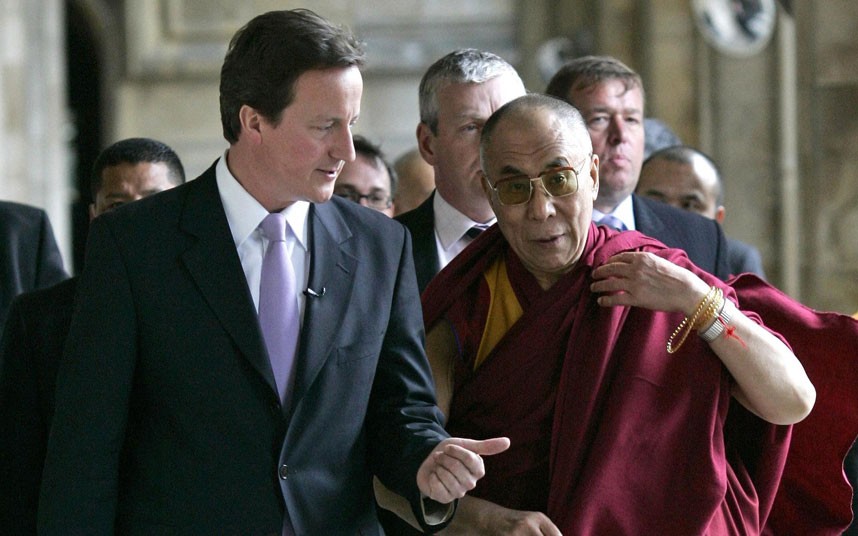According to a deep research published by the the blog of the Stigler Center at the University of Chicago Booth School of Business, the study reveals how China uses the economic leverages against the senior public officials of other countries meeting with the exiled spiritual head of the Tibetan people, His Holiness the Dalai Lama.
After the People’s Liberation Army of Communist China invaded Tibet in 1959, the Dalai Lama followed by almost a one hundred thousand Tibetans fled into exile to India. Today, the Tibetans have flourished in exile primarily base in India and not unheard in the rest of the world due to the endless campaign based on love and peace carried out by His Holiness the Dalai Lama across the world.
However, even after sixty years, a peaceful resolution to the issue of Tibet is yet to be achieved as proposed by the Tibetans. Despite the Dalai Lama’s widespread recognition as torch bearer of peace and compassion, China is utterly annoyed of his growing popularity. China continues to carry out their campaign against public officials as well as countries from hosting the spiritual leader by issuing stern warnings of serious consequences in their ties. One of the most visible instance is that of British PM David Cameroon meeting the Dalai Lama in 2012 that led to China freezing their diplomatic ties for more than a year.
According to the research mentioned above, there is a trend of a fall between 12 and 17 percent in the bank flows from China to any particular country that hosts or their senior public official (holding the office of president or prime minister) of the country and it takes at least a year’s time to fall back to normalcy in this economic exchange.
“Our estimates suggest that in the year following a visit where a senior public official (i.e., one who holds the title Prime Minister or President) personally meets with the Dalai Lama, bank flows from China to the host country fall by between 12 and 17 percent relative to otherwise similar countries. Further, the effect is short-term, lasting only one year.” said the report in the Pro-Market, the blog of the Stigler Center at the University of Chicago Booth School of Business.
It is an obvious fact that China being the second largest economy in the world imposes huge pressure upon most of the countries to exert their opinions, such an efficient depiction of the influence will be an eye opener to millions of people who are wondering how.

